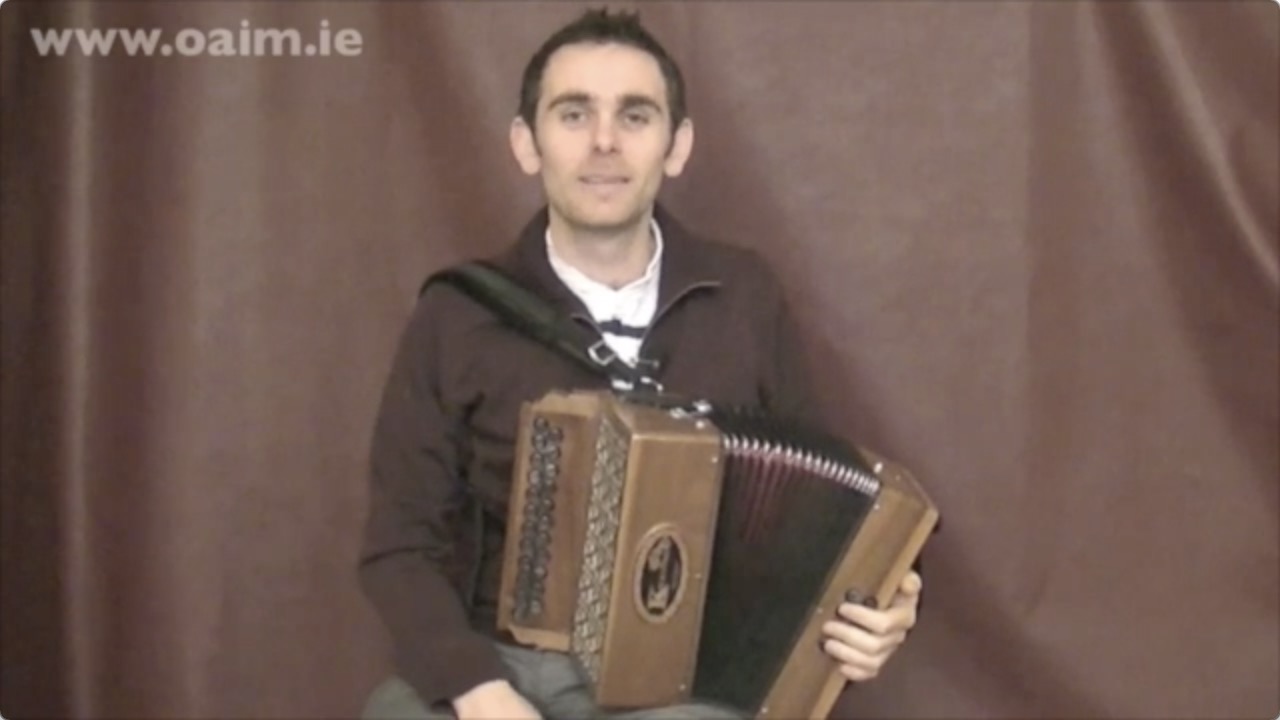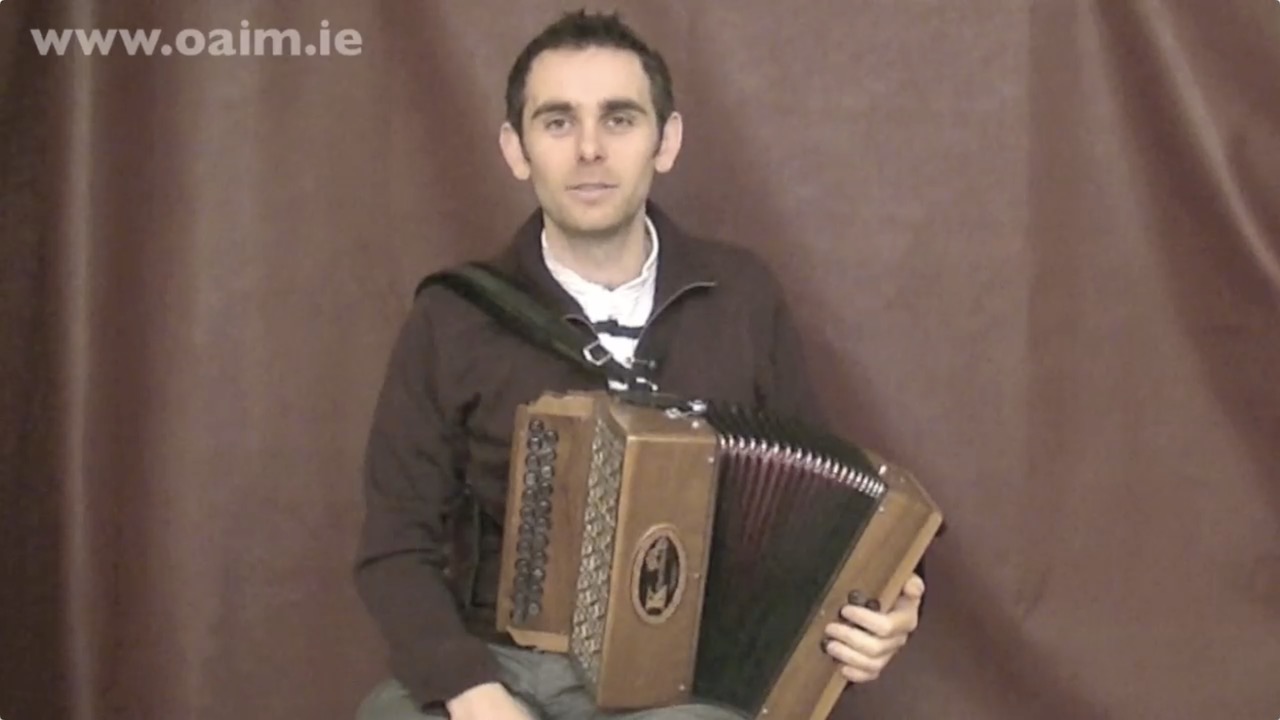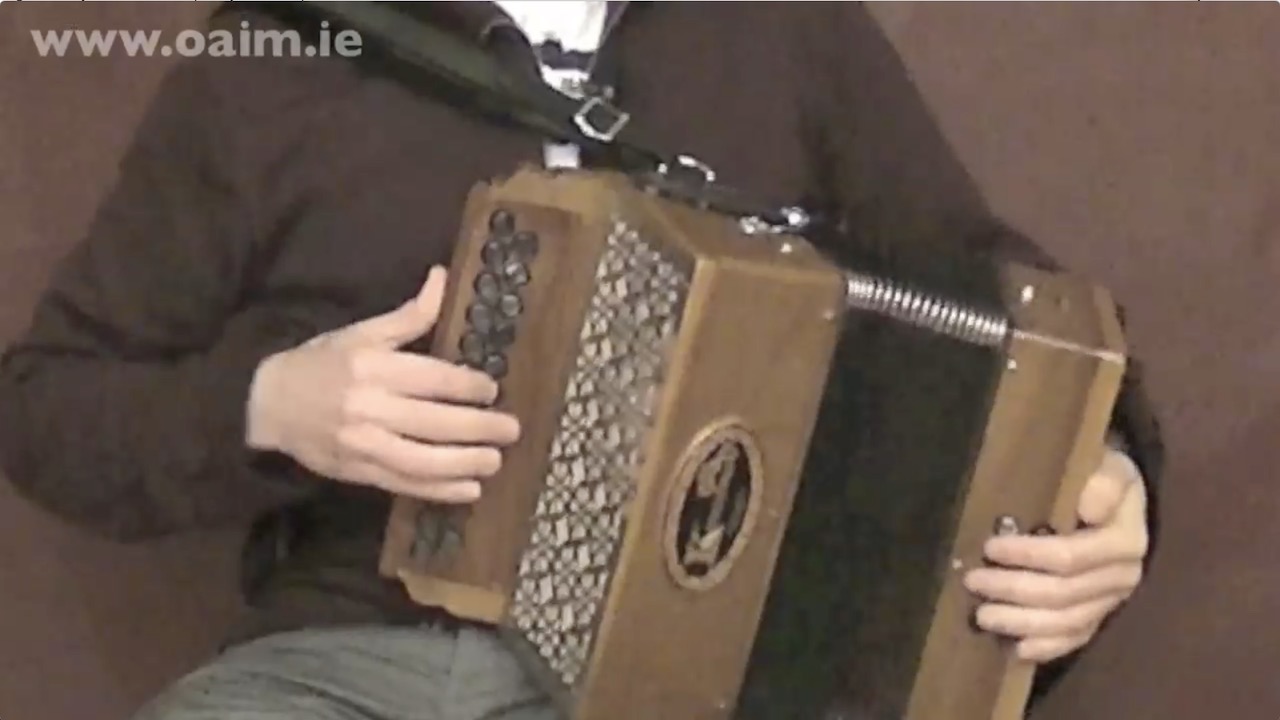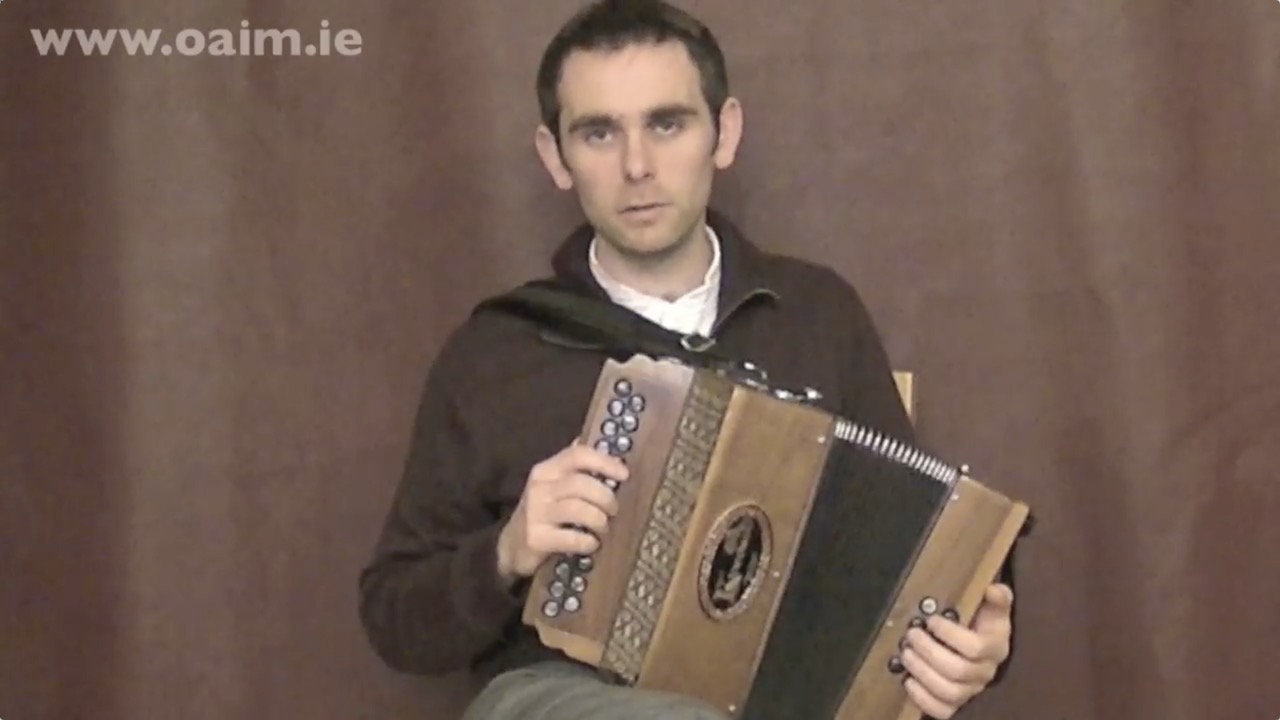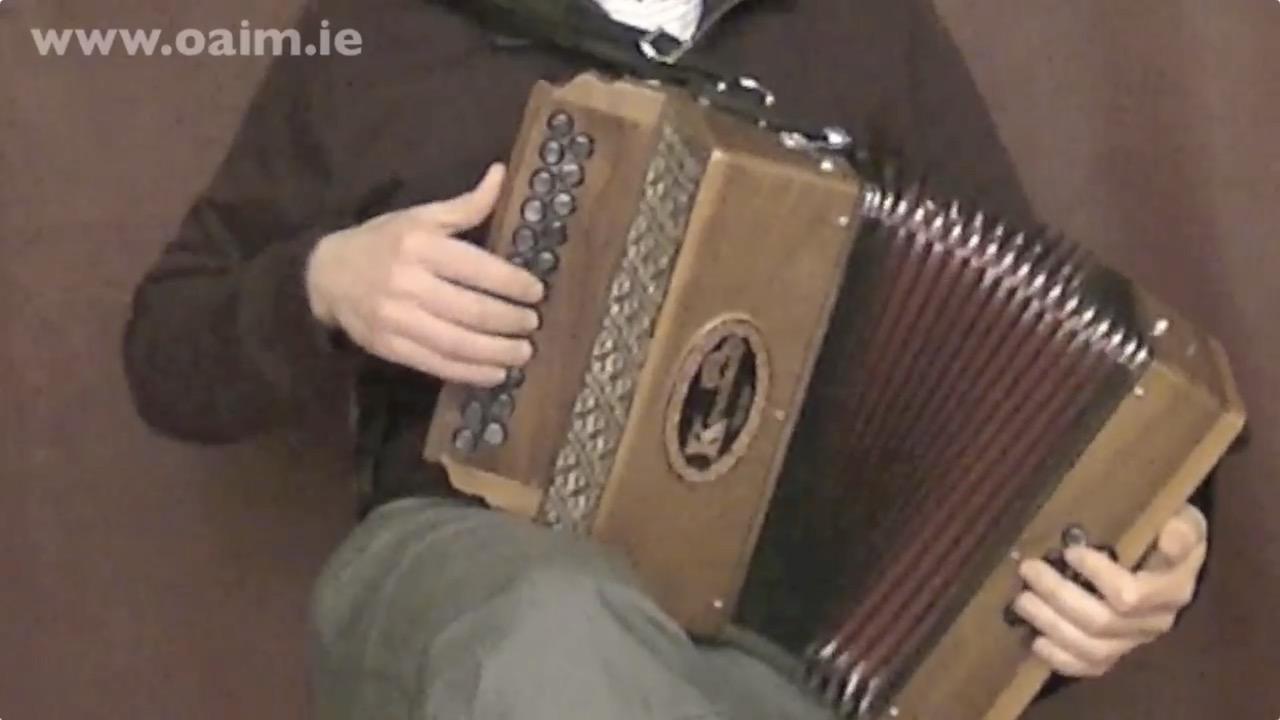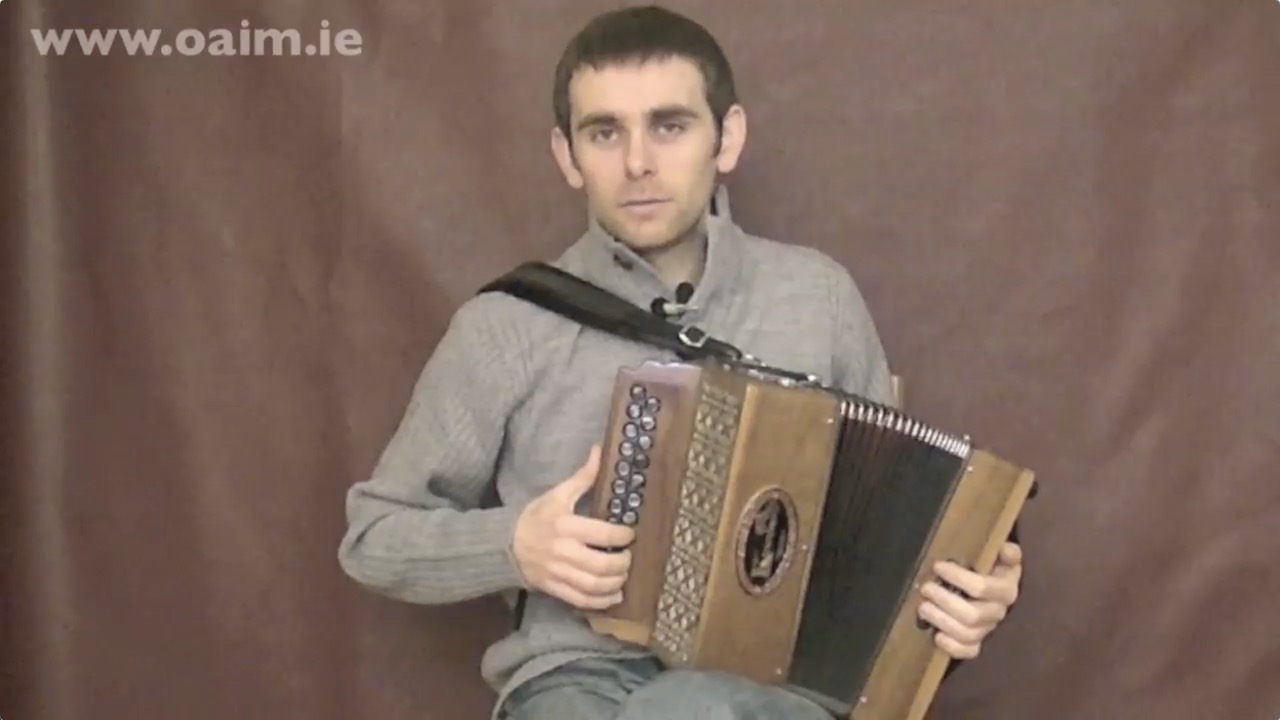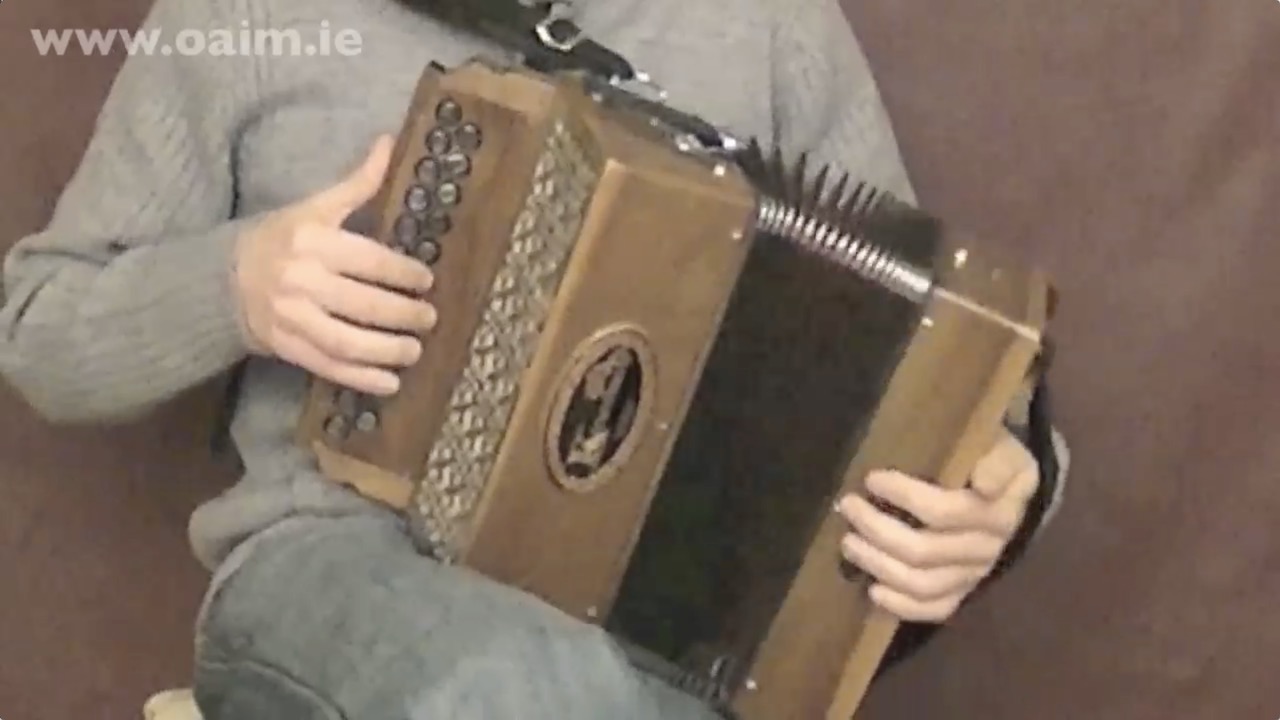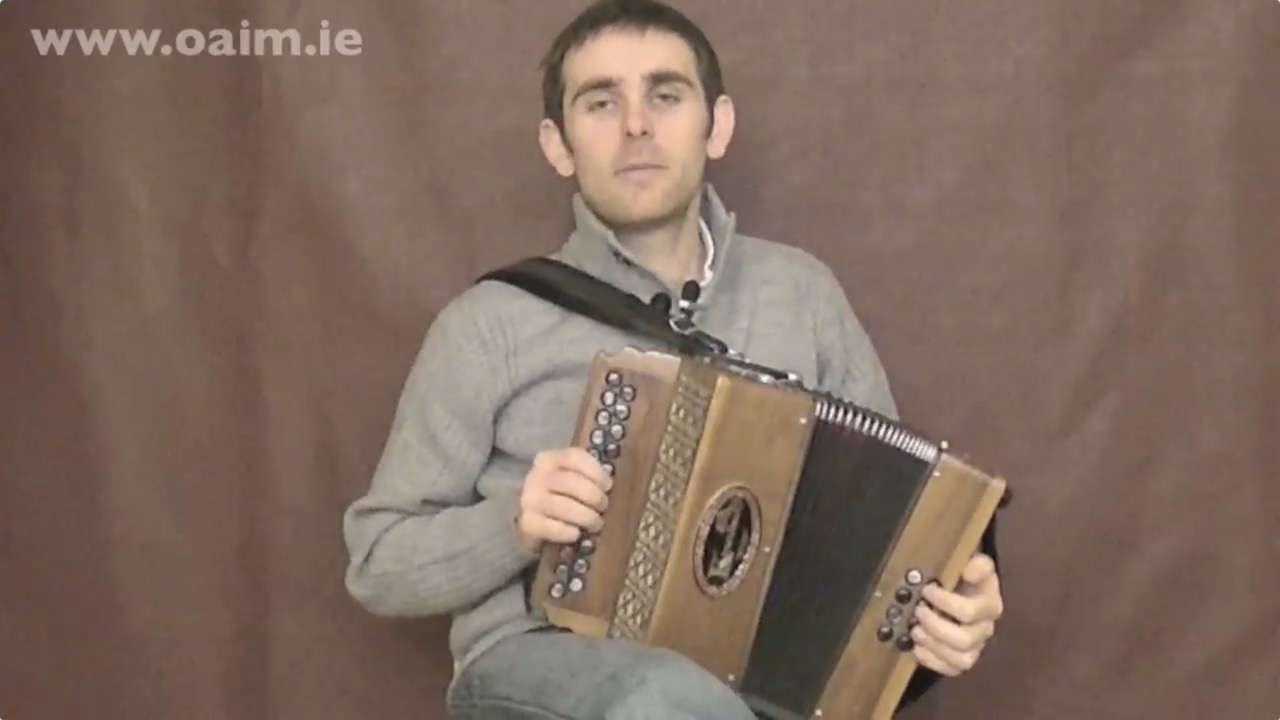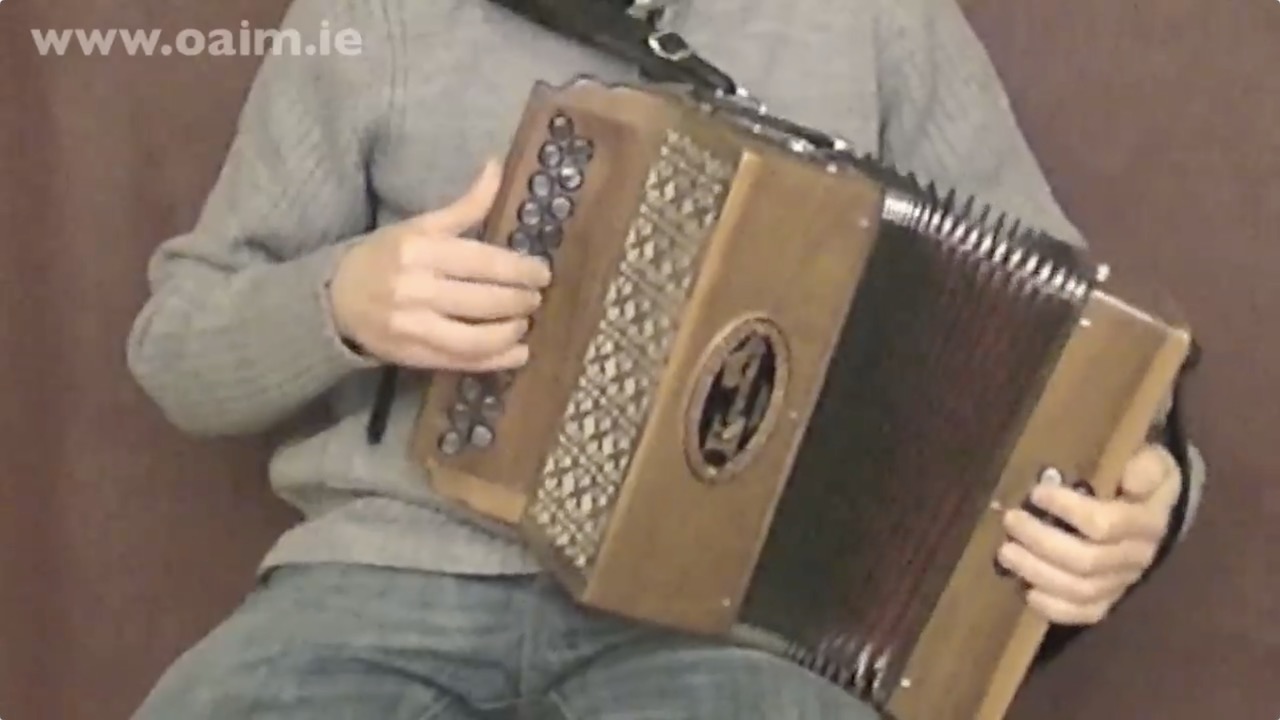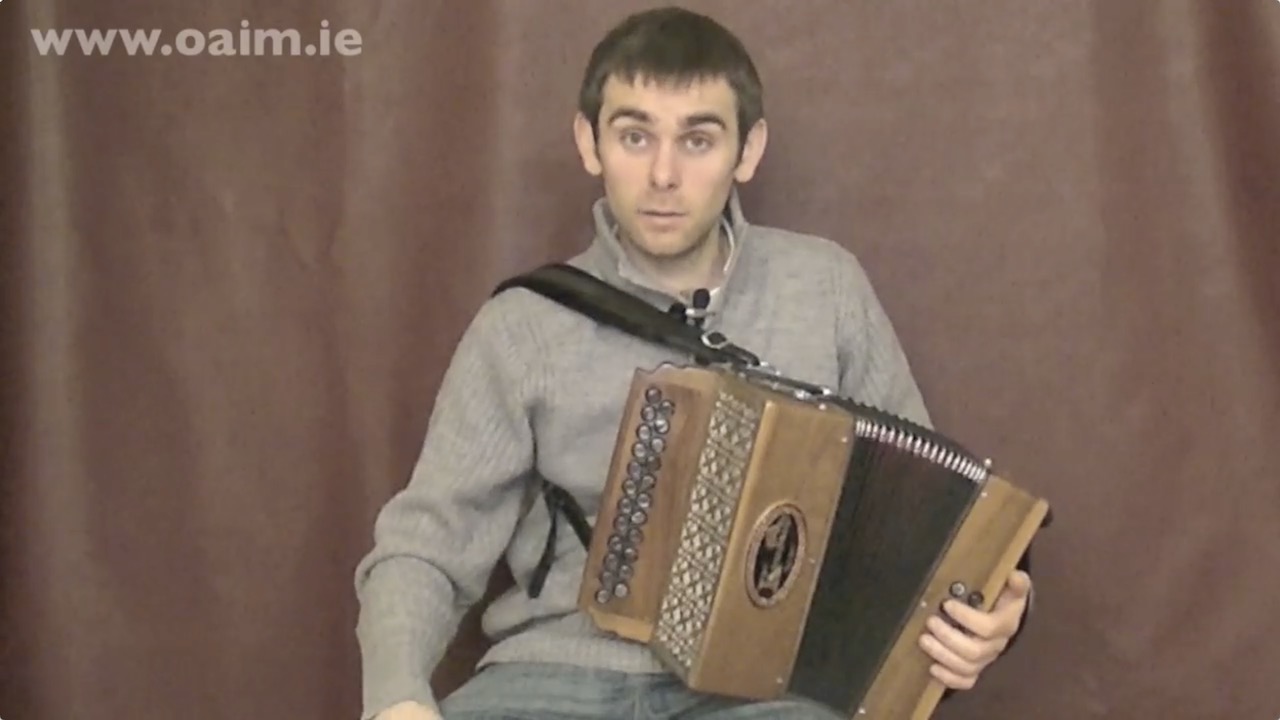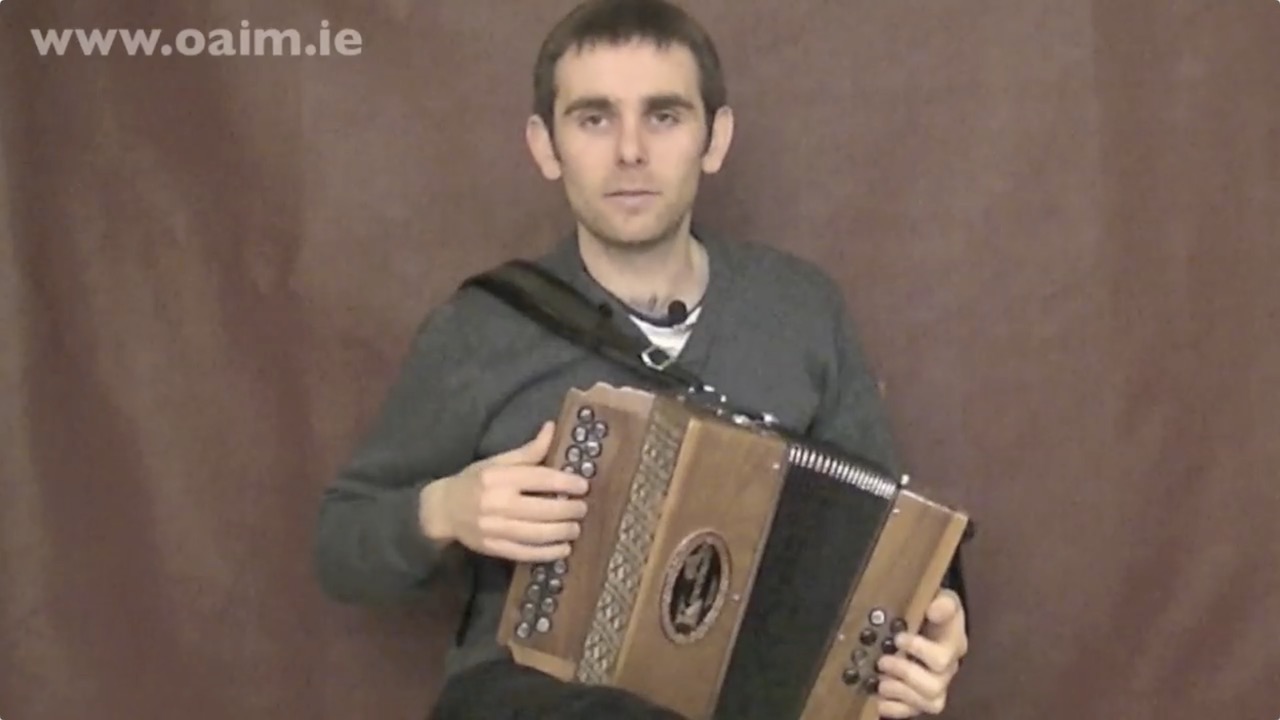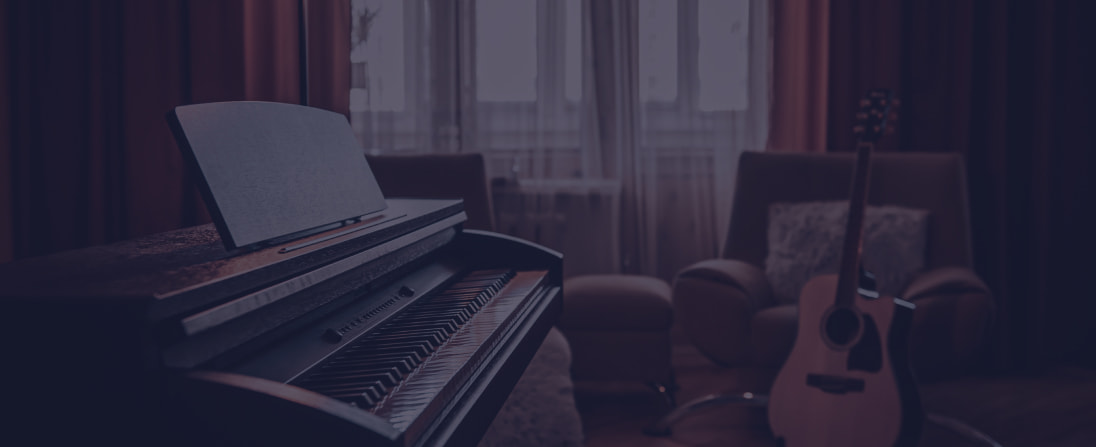Button Accordion in Irish Music: Ornamentation and Variation
B/C Accordion Foundations is suitable for those who already have a basic understanding of the accordion. If you are familiar with the scales of C major, D major and G major, and already have a few tunes learned in the Irish traditional style, then this is the course for you. If you’re new to the button accordion then head over to our B/C Accordion Basics course.
By the end of this course you will have a wonderful repertoire of 11 Irish traditional tunes which include Polkas, Slides, Slip-Jigs, Jigs, Hornpipes and Reels, all of which are popular, well known, session tunes. The course has 11 lessons, broken into 3 to 4 tutorials each, where tunes are taught phrase by phrase.
Try it for free, Cancel anytime
- 18 lessons teaching how to play 13 very popular Irish tunes
- PDF sheet music & mp3’s to download & keep for each tune
- Progress at your own pace, pause & repeat videos
- Access to 14 instruments, 60+ courses, 1000+ tutorials
- Access on all your devices
- 14-day free trial. Cancel anytime
BONUS!

- Access our Entire Course Catalogue for Every Instrument
- Library of over 150 popular Irish tunes to practice along with
- Virtual Reality Sessions for the unique Irish Pub Session experience – a real treat for the Irish music lover
- Community Forum of students and teachers, all friends with a love of Irish music

